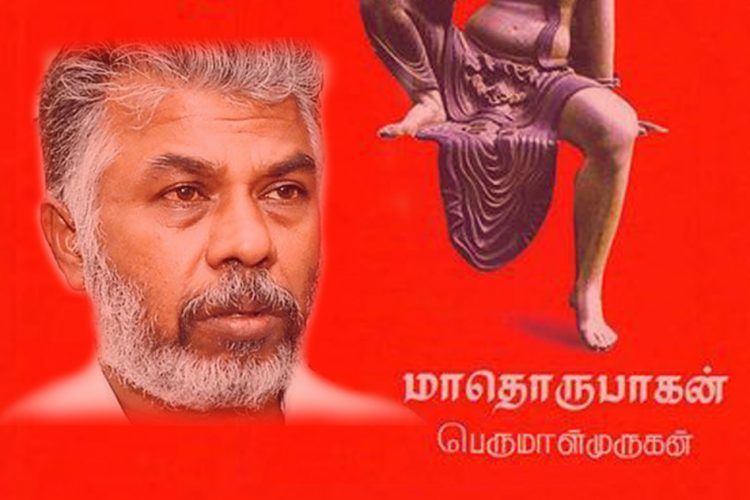Miss Alone
Prime VIP

In a landmark judgement which may come as a relief to many writers and artists who stretch the boundaries of accepted norms in our society, the Madras High Court has lifted the ban on Perumal Murugan’s books. It means that the court has held up the freedom of expression denied to many in India.
Who is Perumal Murugan?
Perumal Murugan is a well-known Tamil writer who has been actively writing about various practices prevalent in certain sects of our culture, which was not taken well by a vast majority of people in his state and in other parts of India. He has won many awards, including one from the Tamil Nadu government and Katha Books. In fact, his books which created controversy, Madhorubhagan, won the ILF Samanvay Bhasha Samman, a literature festival.
Banned book – Madhorubhagan, (English – One Part Woman) first published in 2010:
It was first published in 2010 and was set a century ago. The backdrop of the book is the fate of a childless couple whose marriage was ripped apart because they were forced to take part in a temple ceremony consisting of an ancient chariot race. On the night of the ritual, consensual sex is allowed between a man and a woman outside the conjugal relationship. The child thus born would be called “God’s child”. However, in the instance of this couple, there was no consent to spend the night with another man or woman – they were forced to do so by their community members in order to beget a child.
Although the author initially clarified that it was a work of fiction and there was was no historical evidence for the ritual, during subsequent research, he came upon material which pointed to the connection between this practice of sex outside of marriage and “god’s children”. Since he mentioned the names of certain communities and place, it cast a doubt on the ancestry of many people in Tamil Nadu.
No wonder, the book created a furor and Murugan was lambasted by his readers, critics, and religious communities alike. Due to such hostile reception, Murugan retracted all his books from circulation and made the dramatic status update on Facebook,“Perumal Murugan, the writer is dead. As he is no God, he is not going to resurrect himself. He has no faith in rebirth. As an ordinary teacher, he will live as P Murugan. Leave him alone.”
Rationale behind the court’s judgement:
Keeping in view the objections raised by various section of society, the Madras High Court has ruled that if someone does not like a book, he or she is free to throw away the book. It stands to reason that one may not consume what one not likes, but to force a writer to withdraw all his books smacks of intolerance on various viewpoints which may coexist. A piece of writing may be provocative, but it has to be appreciated keeping in mind our rich cultural heritage.
Murugan had no “choice” in the matter of withdrawing his books from circulation and pronouncing the death of his self as an author – the backlash against him forced him to do so. The honorable court observed that this tramples upon the freedom of expression of writers and artists.
